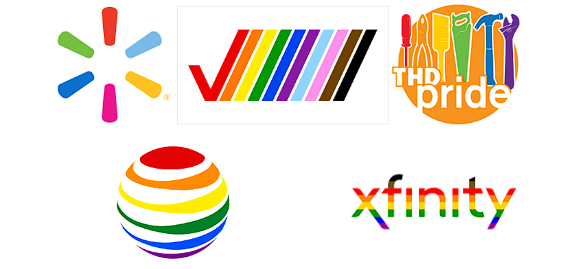Pinkwashing, also known as rainbow washing, is a strategy in which LGBTQ+ rights are adopted for personal gain or credibility to distract from a separate agenda. According to Sarah Schulman in her book Israel/Palestine and the Queer International, Pinkwashing was originally used by Breast Cancer Action in 1985 in reference to companies that “supported” breast cancer for higher profit while their products actually contained cancer-causing chemicals.
More recently, the term has been applied to governments and transnational corporations. Often, they will appeal to the LGBTQ+ community out of a desire for the pink dollar, or the purchasing power of this community. Governments advertise LGBTQ+ safe spaces for tourism despite possessing anti-LGBTQ+ legislation as a progressive façade to generate wealth and hide their unethical legislation and actions. Corporations do the same by changing their products to appear pro-LGBT and hide their unethical practices as well.

Pinkwashing is understood to be a result of homonationalism, a term developed by Rutgers University queer studies scholar Jasbir Puar in her 2007 book Terrorist Assemblages. She describes homonationalism as “a facet of modernity and a historical shift marked by the entrance of (some) homosexual bodies as worthy of protection by nation-states, a constitutive and fundamental reorientation of the relationship between the state, capitalism, and sexuality” (337). Essentially, in their attempts to appear modern, countries will accept and award some homosexuals with more rights at the expense of making other populations appear as dangerous.